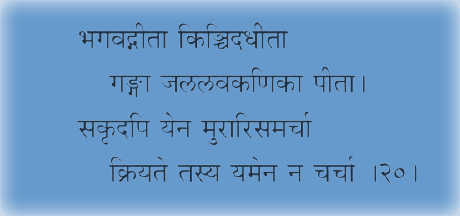All of man's troubles have arisen from the fact that we do not know what we are and do not agree on what we want to be.That was what I read when I opened a page in random after the friend gifted me with E.O. Wilson's The Meaning of Human Existence. A very strange i-ching reading, if there is anything at all in that divining practice! But, hey, that is all I needed for that day--the observation that we humans are in a whole lot of trouble because we have no clue where we are and have no agreement on where we want to go.
If I had even a little bit of brain, I would love to be the kind of polymath intellectual that Wilson is. He is up there in my preferred pantheon of intellectuals, along with Dyson, Feynman, Hitchens, ... too bad they simply don't make more like them. Another reason for me to suspect that I am really made for a generation or two prior, and that I was accidentally born later ;)
The i-ching revelation of the world continued. The day began with that random page, and ended with me watching Wilson on BookTV. Bored out of my wits, and drooling for McDonald's French Fries, I picked up the fries, and turned on the telly to the BookTV channel. There was Wilson chatting with the host about the very book. Turned out that it was at the National Book Awards--a big time red carpet affair for the literati--ah, I so wish I were one!
Given that I was watching at a late hour in the night, it was obvious that the show was not live. So, even as Wilson was responding to questions, I checked online for who the nominees and winners were. And, was so excited that I immediately tweeted:
So excited with the #nonfiction nominees for the National #Book Awards
Have read/watched four of the five ;)
http://t.co/hVIGlRaMkA @BookTV
— sriram khe (@congoboy) November 29, 2014
I doubt whether your life is as exciting, dear reader ;)I have no idea about the book on Tennessee Williams. The rest, I can vouch for them. Awesome they are.
Last spring, I gifted Roz Chast to three. Yep, three people. And just last week I recommended to a fourth and she has also placed the order, she emailed me.
Earlier in the spring, after watching an hour-long interview with Osnos, I emailed the big time China admirer to watch the video and almost bought him that book as a gift.
I watched Gopal talk about his book in a BookTV program a few months ago. I was doubly thrilled because, well, he is also an Indian-American and, ahem, of Tamil origin too!
Yet again, evidence that a tool--the television--depends on how we use it. While BookTV is streamed online, I find more pleasure in watching it on the "idiot box."
If only those who watch television only for the idiotic and dumbing programs were forced to watch BookTV and C-Span for at least an hour every week! Then, we will begin to understand how we got here, and we might even begin to develop a game plan on where to go from here :(









